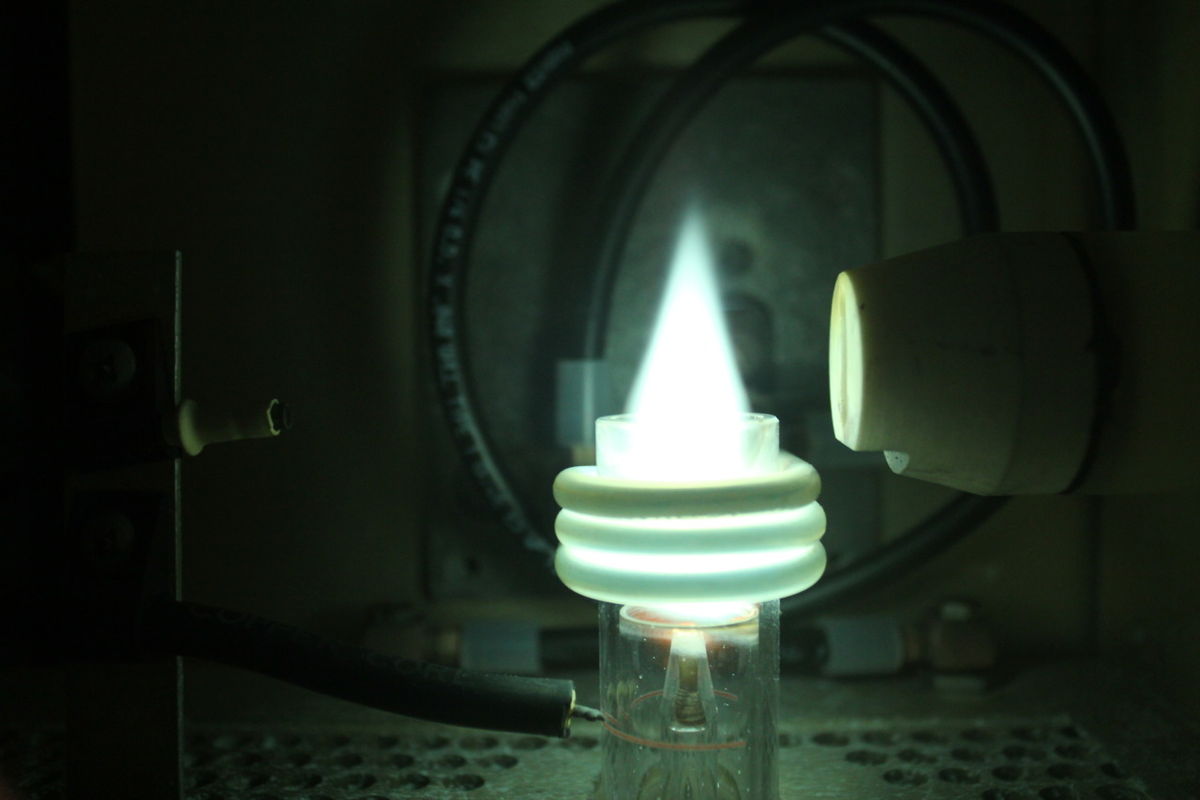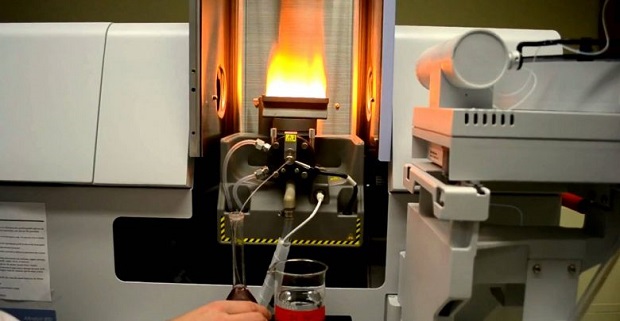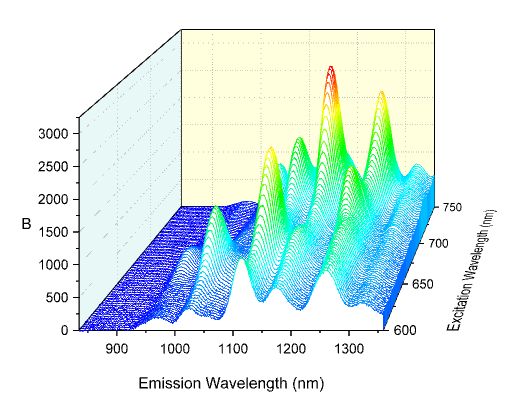

The quality of analysis depend more on the quality of the operator than that of the instrument, so this course will help laboratory staff to understand meaning of spectroscopy, and to be apple to make elemental analysis with high sensitivity by spectroscopy
The course is of interest for any person working in any analytical laboratory. Laboratory staff, Chemists, supervisors and technicians
This interactive Training will be highly interactive, with opportunities to advance your opinions and ideas and will include;
CDGA attendance certificate will be issued to all attendees completing minimum of 80% of the total course duration.
| Code | Date | Venue | Fees | Register |
|---|---|---|---|---|
| LAB104-02 | 17-05-2026 | Dubai | USD 5450 | |
| LAB104-03 | 23-08-2026 | Amman | USD 5450 | |
| LAB104-04 | 06-12-2026 | Cairo | USD 5450 |

The absorption of radiation by a sample of atomic particles, created by vaporizing the sample, represents a relatively simple spectral situation that has great practical value for elemental identifica ...
 & MOLECULE IDENTIFYING.jpg)
Spectroscopy has become an important tool in chemical analysis to identify unknown molecules. This course will serve as an introduction to UV, IR, NMR and MS-spectroscopy and their applications in ind ...

Since the scientist have needed to know the identity and quantity of the materials with which they are working. Consequently, the development of chemical and physical analysis parallels the developmen ...
Providing services with a high quality that are satisfying the requirements
Appling the specifications and legalizations to ensure the quality of service.
Best utilization of resources for continually improving the business activities.
CDGA keen to selects highly technical instructors based on professional field experience
Since CDGA was established, it considered a training partner for world class oil & gas institution
3012, Block 3, 30 Euro Business Park, Little Island, Co. Cork, T45 V220, Ireland
Mon to Fri 09:00 AM to 06:00 PM
Contact Us anytime!
Request Info